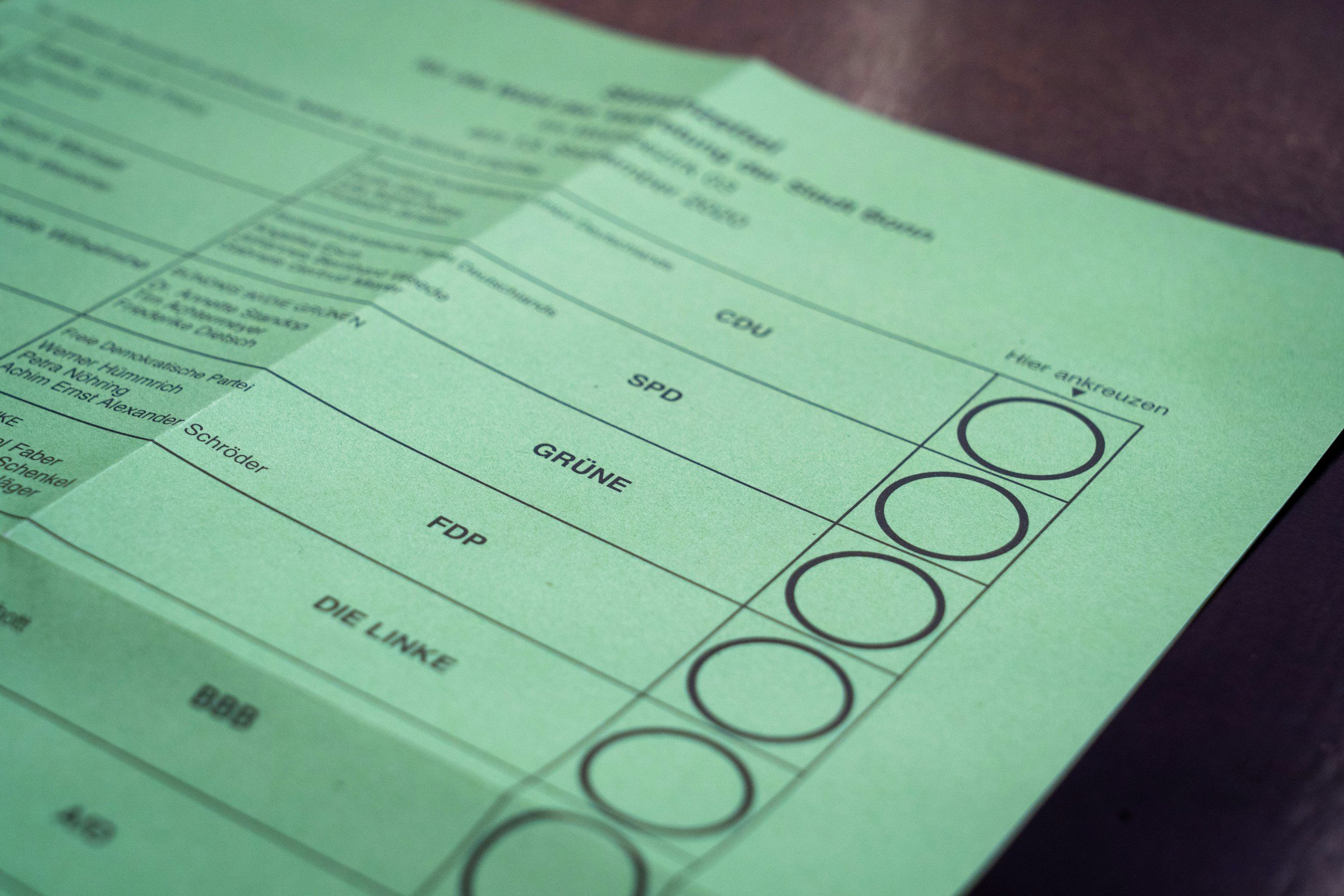
Wolfendale System
FAQ/Justifications
Claim #1: The same issue that exists in proportional government may still occur such that the views within that party may all be from as small an area as a single city.
Answer: While the creation of larger multi-member electorates does dilute the precise local representation of single-seat systems, this is limited to a single locale within an electorate and is not on the same scope as having all candidates for the whole nation potentially being from the capital. Additionally, this is predominantly an issue for areas that are very large with a very dispersed population. In a single-member seated system this is already the case, with the added disadvantage that political trends tend to become entrenched in these areas, nullifying the value of a substantial fraction of the voter base in that area. In a larger multi-member seat there remains the tactical benefit for a local candidate leveraging their regional background to ensure they receive the proportion needed, while allowing those who do not support the entrenched viewpoint to still exercise their political will meaningfully.
Claim #2: The larger the area, the more variance and more travel needed. To get an accurate perspective of your population, it would require more work. Say you have 5 people maybe from wildly different parties and politics trying to represent an entire area (with different demographics, industries and beliefs) that have to cater to all people in that district, so while they have opposing factions trying to do everything (theoretically), each elected official is doing the groundwork of 5 different people.
Answer: The advantage to this though is that one doesn't need to cater to all demographics, industries and beliefs in an area. Under a single-seated system a representative may have good knowledge of all the circumstances of their area, but they are asked to represent a diversity of beliefs that is fundamentally impossible for one person to do.
While representatives would be more spread out in terms of the ground area they’d have to cover due to larger electorates, each one only has to represent the specific demographics and beliefs that made up their quota. They might not have quite the same direct knowledge of all the diverse circumstances, but by representing a fundamentally more similar group and leaving other demographics and beliefs to different representatives within the electorate, they can afford to make generalisations based on the subset that they know supports them.
People are fundamentally more similar than they are different. This way a representative only has to represent a narrower slice of views, which will be more spread out but fundamentally more consistent - because someone else will be representing the other views.
Claim #3: So you believe it is a good thing to design a system that an elected official doesn't have to cater to you and your needs because they advocate for a different part of the electorate? And just because a representative performs poorly in the current system, doesn't mean we should accept poor governance in another. I think it comes down to whether you think small coalitions are better for federal governance or groups having larger shares.
Answer: It is already the case that an elected representative doesn’t cater to all needs if what is being asked for aligns with their opposition; comfortably 1/3 of people in even a preferential single-seated system spend every term of government with a local representative who has no intention of acting upon anything they’d tell them. So yeah I don’t see the issue with an individual only being represented by some of their area representatives, when the trade off is that many more people will now at least have someone who does actually represent them when they didn’t before. The number of people representing a particular individual remains the same, but more individuals get represented.
If there were actually a governance benefit from a single-seated system then you could argue that this dilution of locality per individual representative was as bad or worse in terms of governance. However, a party system is functionally unavoidable with big government (>30 MP’s), and in this modern age of information the party system ensures that small individual areas with purely local representatives don’t actually run like small individual areas but instead trend towards reflecting overall party influence. Once upon a time you had to talk to your local representative on an issue, and they were responsible for carrying that opinion to parliament. With the technology at our fingertips these days it is no longer necessary to communicate with the government in this way, and so it is reserved for petitioning on uniquely local issues. I don’t believe this trend is reversible, so the intent then becomes to make a system which makes parties as representative as possible.
This would make it possible for the major parties to split into their factions and represent one clear viewpoint each and still work out a compromise when they form government, instead of trying to work out a value compromise behind closed doors and then build a campaign on a position that none of them totally support. It would also allow the electorate to punish dishonesty by voting party-adjacent, without throwing the election to the opposition.
Additionally, in recent history around the world the list of most stable and productive governments is dominated by coalitions of principled parties. Fundamentally, starting from a consistent ideological position and being required to negotiate brings about better governance.